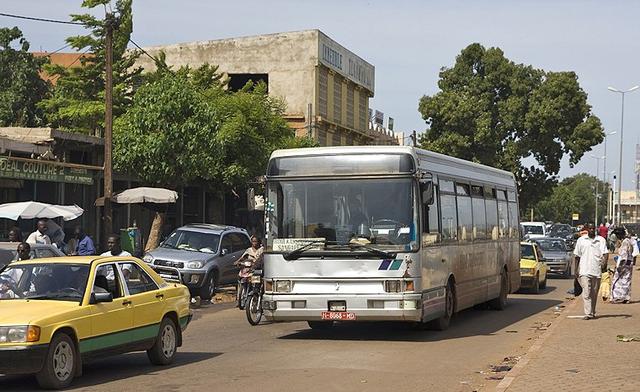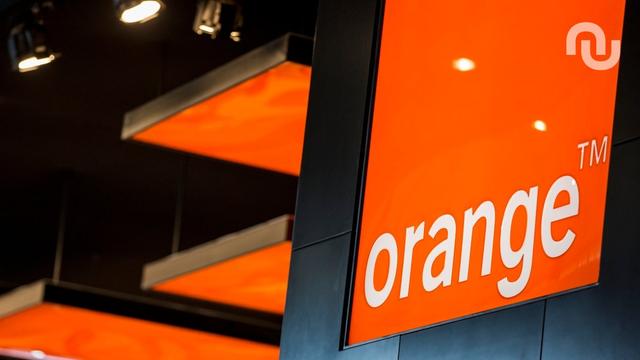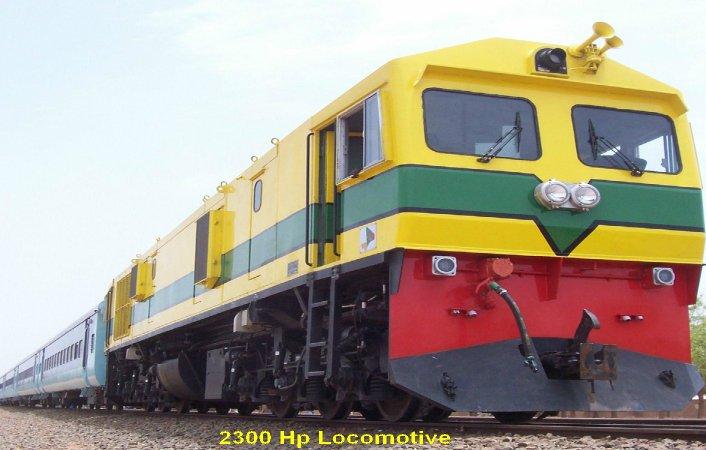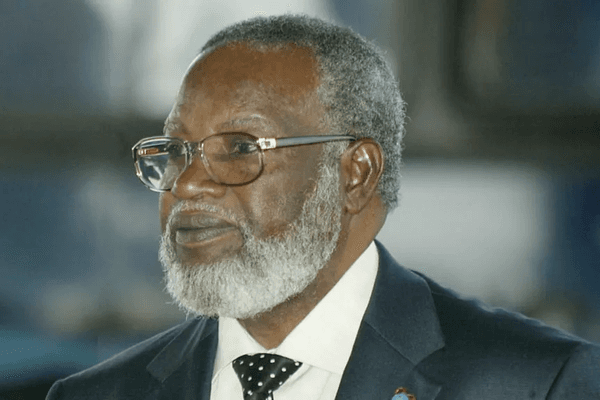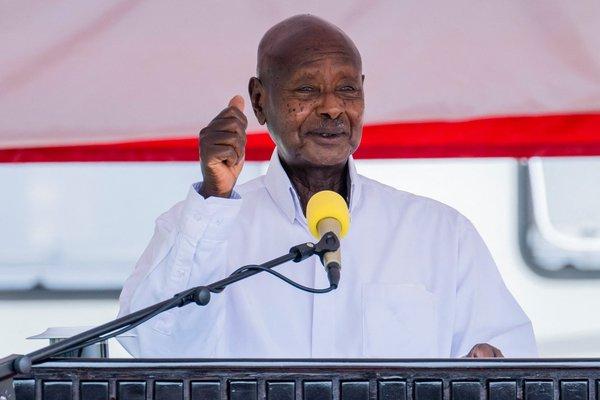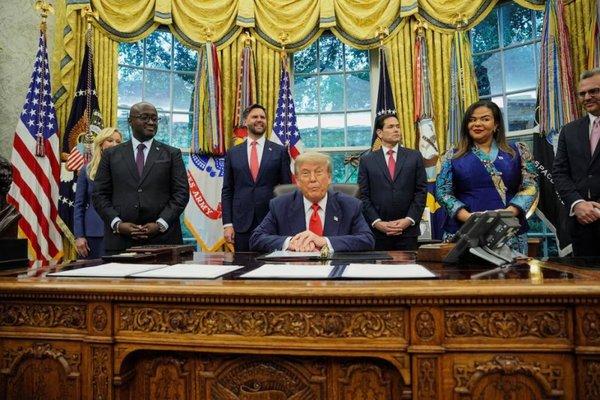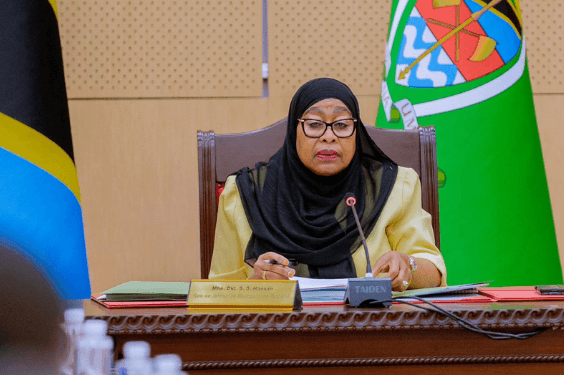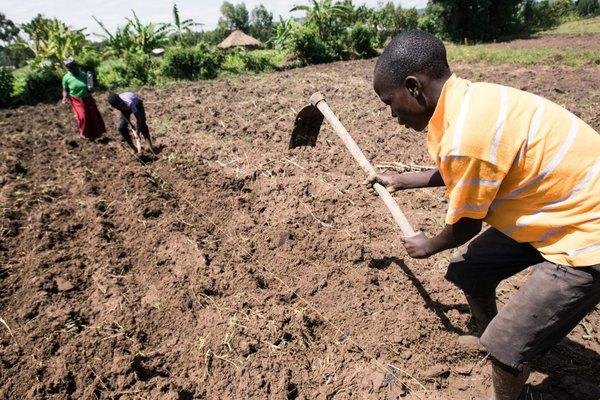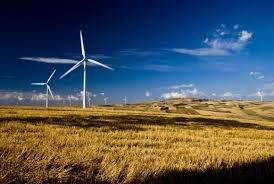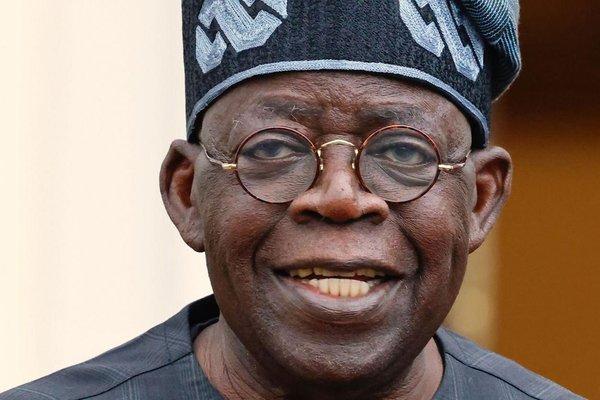Mali
Mali is a landlocked country in West Africa, known for its rich history, especially the ancient empire of Mali, which was once among the wealthiest in the world. Today, it faces political instability, economic challenges, and security concerns but remains culturally vibrant.

West Africa

1,240,192 square kilometers

(GMT) – UTC +0

Over 22 million

French

Islam for majority, Christianity for minority

West African CFA Franc

Col. Assimi Goïta (Interim President as of 2024)

Brief
Mali is a landlocked country in West Africa, known for its rich cultural heritage and historical significance. Once home to powerful empires like the Mali Empire and famous rulers such as Mansa Musa, Mali was a major center of trade, learning, and Islamic culture in ancient times. Today, its capital is Bamako, and the country is inhabited by diverse ethnic groups including the Bambara, Fulani, Songhai, and Tuareg.
Mali faces challenges such as political instability, poverty, and security threats, especially in its northern regions. However, it remains culturally vibrant, with a strong tradition of music, storytelling, and community life. The official language is French, the majority religion is Islam, and the national currency is the West African CFA franc (XOF).
Cultural Life
Cultural milieu
Mali’s cultural milieu is a vibrant blend of ethnic diversity, Islamic tradition, and deep-rooted oral heritage. Home to numerous ethnic groups—such as the Bambara, Fulani, Tuareg, and Dogon—the country showcases a rich mosaic of languages, customs, and artistic expressions. While French is the official language, Bambara serves as the most commonly spoken national language.
Islam, practiced by the majority, deeply influences Malian values, festivals, and daily routines. However, traditional African beliefs remain intertwined with Islamic practices, especially in rural regions. Oral tradition plays a central role in Malian identity, maintained by griots—storytellers and musicians who pass down history and values through generations.
Music is perhaps Mali’s most celebrated cultural export, with traditional instruments like the kora and ngoni accompanying life events and ceremonies. Renowned artists such as Salif Keita and Ali Farka Touré have brought Malian sounds to the global stage. The arts also thrive in the form of intricate wood carvings, bogolanfini (mud cloth), and symbolic architecture, including the iconic Great Mosque of Djenné and ancient manuscripts of Timbuktu.
Malian society is deeply communal, placing high value on family, hospitality, and respect for elders. Despite modern challenges, Mali’s cultural fabric remains strong, serving as a vital source of identity, unity, and resilience.
Daily Life and social customs




Daily life in Mali is deeply rooted in community, tradition, and religion, with a rhythm shaped by both rural agricultural cycles and Islamic practices.
Most Malians live in villages or small towns, where life revolves around family and farming. People typically wake early to work in the fields, fetch water, or sell goods in local markets. Extended families often live together, and elders are highly respected, frequently consulted in family and community decisions.
Hospitality is a deeply cherished value. Guests are warmly welcomed, often with sweet mint tea served in a three-round ceremony symbolizing friendship, respect, and shared experience. Greetings are lengthy and polite, reflecting respect and social harmony.
Men are usually responsible for work outside the home—farming, herding, or tradingwhile women manage household tasks, cooking, and childcare. In urban areas, gender roles are slowly shifting, with more women working in business or public service.
Islamic customs shape the daily routine, with most people pausing work to pray five times a day. Fridays are reserved for mosque prayers and rest. Traditional and religious festivals such as Tabaski (Eid al-Adha) and Maouloud are important social events marked by family gatherings, feasts, and communal prayers.
In both rural and urban Mali, music, storytelling, and dance play a central role in social life, accompanying everything from weddings and births to harvests and funerals. Despite modern pressures, Mali’s social customs continue to preserve a strong sense of identity, unity, and tradition.
You said:
Cuisine
Malian cuisine is hearty and rooted in local agriculture, with staples like millet, sorghum, maize, and rice forming the base of most meals. Dishes are often accompanied by rich sauces made from peanuts, baobab leaves, or tomatoes, and flavored with local spices. A common traditional meal is "to", a thick porridge made from millet or sorghum, typically served with vegetable or meat sauce. Grilled meats, particularly beef, lamb, and goat, are popular, especially during special occasions. Street foods like fried dough balls (beignets) and grilled brochettes are widely enjoyed. Tea, especially in a three-round ritual, is a key part of Malian hospitality and daily social life. Meals are often shared communally, reflecting strong family and community values.
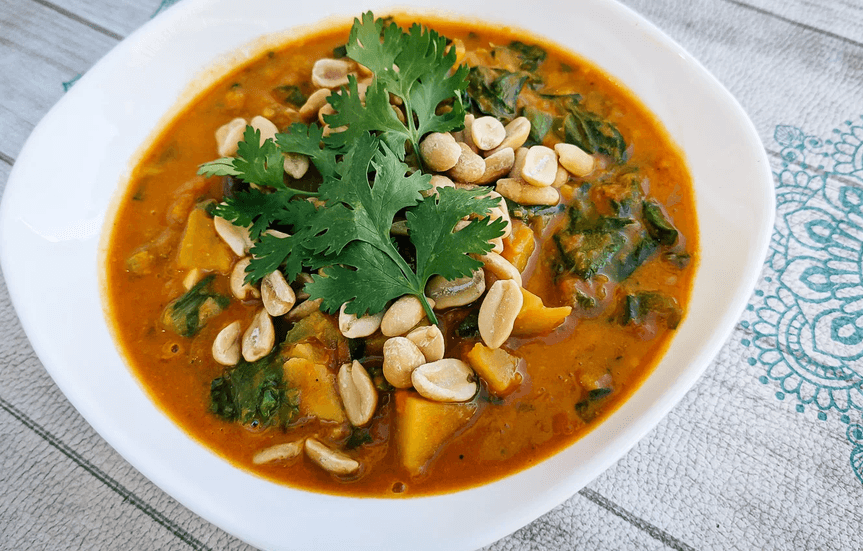


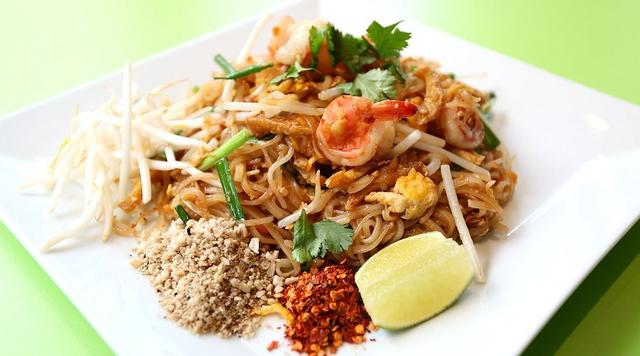
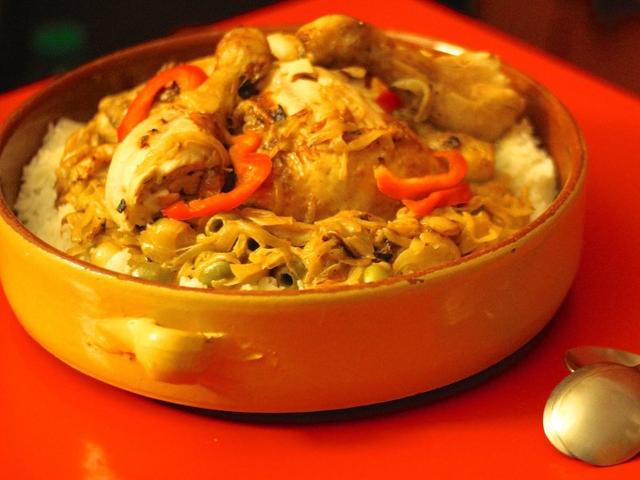
Music
Music in Mali is deeply rooted in tradition and is considered one of the richest and most influential in Africa. It plays a vital role in storytelling, history, and cultural identity. Traditional Malian music features instruments like the kora (a 21-string harp-lute), ngoni (a stringed lute), balafon (wooden xylophone), and djembe drums. Griots—hereditary musicians and oral historians—preserve and pass down stories through song. Mali has produced globally renowned artists such as Ali Farka Touré, Salif Keita, and Oumou Sangaré, who have blended traditional sounds with blues, jazz, and contemporary music. Music is a key part of daily life, performed at ceremonies, festivals, and social gatherings, uniting communities through rhythm, melody, and meaning.
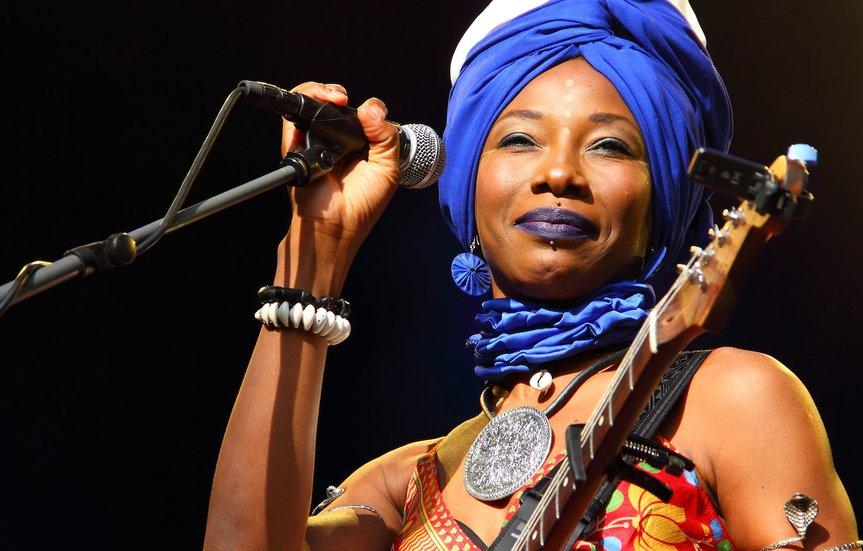
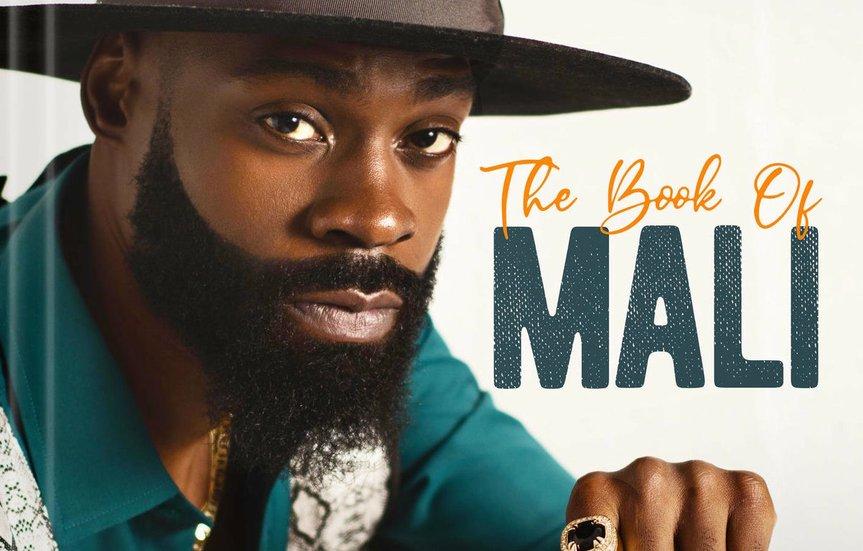
Arts
Art in Mali is a vibrant expression of cultural heritage, history, and spirituality. Traditional Malian art includes wood carving, textile weaving, pottery, and metalwork, often used in religious rituals and social ceremonies. The Dogon people are especially known for their intricate masks and sculptures, which play a central role in dances and storytelling. Bogolanfini or mud cloth, a handwoven cotton fabric dyed with fermented mud, is a distinctive Malian textile that combines beauty with symbolism. Contemporary artists in Mali also engage in painting, photography, and mixed media, often reflecting social issues or blending tradition with modern themes. Art remains an essential part of Mali’s identity, preserving history and expressing both individual creativity and communal values.
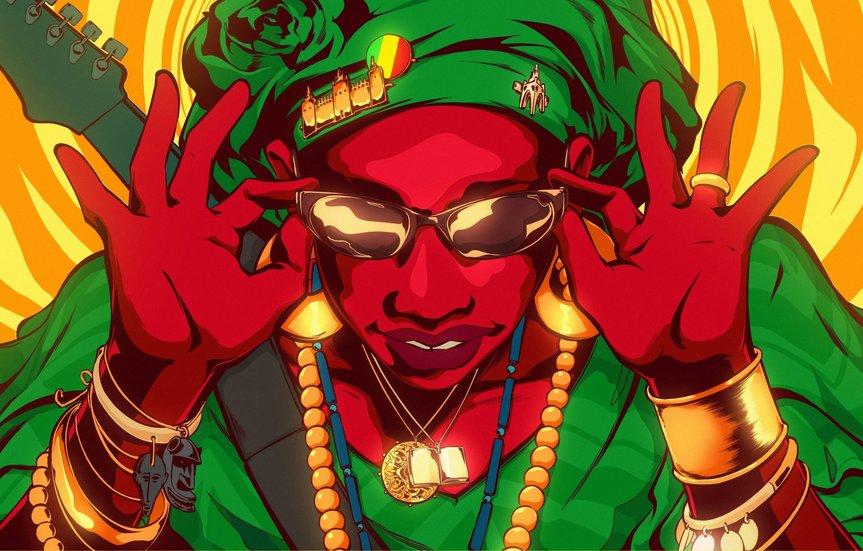
Art Gallery




People
Ethnic Groups
Mali is home to a rich mosaic of ethnic groups, each contributing to the country's cultural diversity. The Bambara (or Bamana) are the largest ethnic group and are mainly concentrated in central and southern Mali. Other major groups include the Fulani (Peul), traditionally pastoralists; the Sarakole (Soninké), known for trade and agriculture; the Sonrhaï (Songhai) in the east; the Tuareg, a nomadic Berber group in the Sahara; and the Dogon, famous for their unique cosmology and cliffside villages. Each group has its own language, customs, music, and traditions, yet they often interact and coexist through shared religion (mostly Islam) and inter-ethnic trade and migration. This ethnic diversity is central to Mali’s cultural richness and national identity.
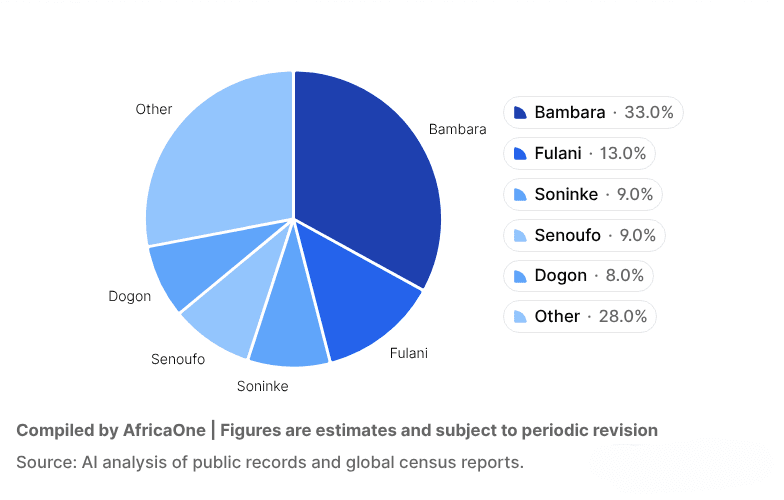




Religion
Religion plays a central role in Malian society, with approximately 90–95% of the population identifying as Muslim, mostly following Sunni Islam with strong Sufi influences. Islamic practices such as daily prayer, fasting during Ramadan, and attending Friday mosque services are widely observed. Alongside Islam, traditional African religions are still practiced, often blended with Islamic beliefs, especially in rural areas. These traditions involve ancestor worship, spirit veneration, and rituals tied to nature. A small minority of Christians, primarily in urban areas, and non-religious individuals also exist. Religious life is generally marked by tolerance and coexistence, with faith deeply intertwined with cultural expressions, festivals, and community values.

Settlement Patterns
Mali’s settlement patterns are heavily influenced by its geography and access to water. Most of the population is concentrated in the southern and central regions, where the Niger River provides fertile land for farming and a vital water source. Major cities like Bamako (the capital), Sikasso, and Segou are located in these areas and serve as economic and administrative centers. In contrast, the northern regions, dominated by the Sahara Desert, are sparsely populated and primarily home to nomadic groups like the Tuareg. Rural settlements are common, with many people living in small villages that rely on agriculture and local trade. However, urbanization is increasing, with more people moving to cities in search of jobs and services, leading to the expansion of urban settlements and informal housing in urban fringes.
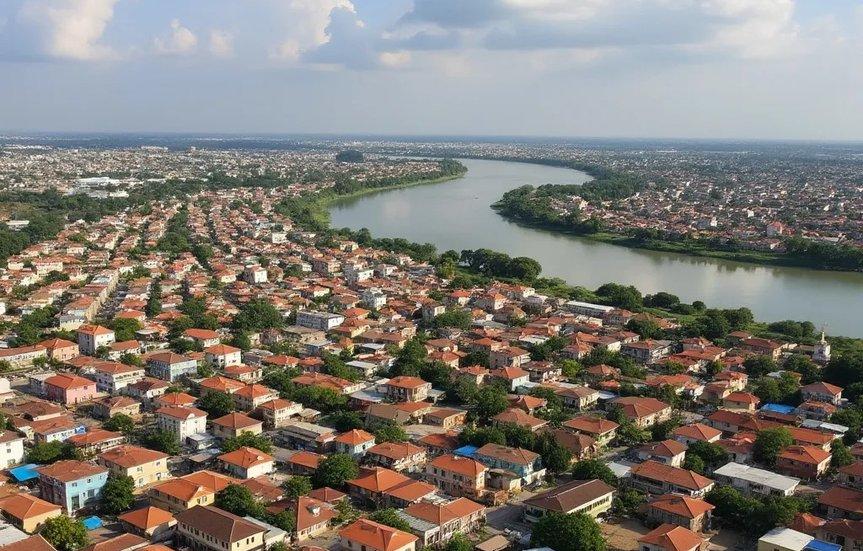


Demographic Trends
As of early 2025, Mali’s population is approximately 25.2 million and growing rapidly at a rate of about 2.9% per year. The country has a very young population, with a median age of around 15.7 years and nearly half of the population under the age of 15. The fertility rate remains high at about 5.4 children per woman, although it has been gradually declining. Urbanization is steadily increasing, with around 44% of Malians now living in cities, especially in rapidly growing areas like Bamako. This growth is placing pressure on housing, education, healthcare, and other services. Despite slight demographic transitions, Mali still faces challenges such as a high youth dependency ratio, limited employment opportunities, and the need for significant investment in infrastructure and human development to manage its youthful and expanding population.
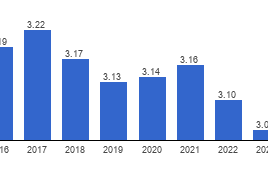
Touristic Cities
Bamako City
Mali boasts several cities rich in history, culture, and unique attractions that draw tourists interested in Africa’s ancient heritage and vibrant traditions. However, due to security concerns in some regions, travel advisories often recommend caution.
1. Bamako
- The capital city and largest urban center.
- Attractions include the National Museum of Mali, Bamako Grand Mosque, lively markets like the Marché de Medina, and the Niger River banks.
- Gateway for travelers exploring other parts of Mali
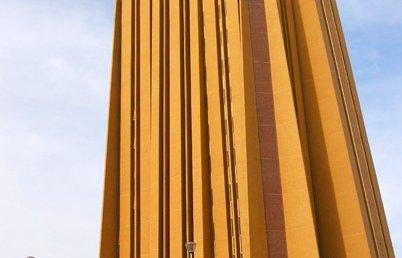
Mali is home to several historic and culturally rich cities, each offering a unique glimpse into the country's heritage. Bamako, the capital, is the largest city and serves as Mali’s political, economic, and cultural hub. Timbuktu, once a thriving center of Islamic learning and trans-Saharan trade, is famed for its ancient manuscripts and mud-brick architecture. Gao, another ancient city, was the capital of the Songhai Empire and lies along the Niger River. Mopti, often called the "Venice of Mali," is known for its bustling port and vibrant markets. Djenné, with its iconic Great Mosque, is one of the oldest cities and a UNESCO World Heritage site. These cities reflect Mali’s deep historical roots and diverse cultural landscape


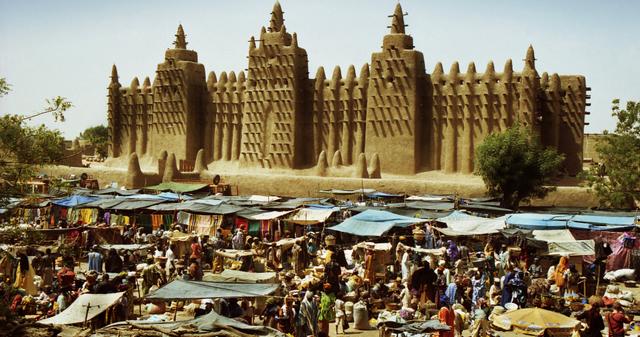

Accommodation
Guesthouses
Guesthouses in Mali offer a more intimate and affordable lodging option, especially in cities like Bamako, Mopti, and Timbuktu. These accommodations are often family-run, providing a warm and personalized atmosphere for travelers. They typically offer basic amenities such as private rooms, shared bathrooms, and local meals, making them ideal for backpackers and cultural tourists looking to experience Mali's daily life. Some guesthouses also arrange guided tours and excursions to nearby attractions.



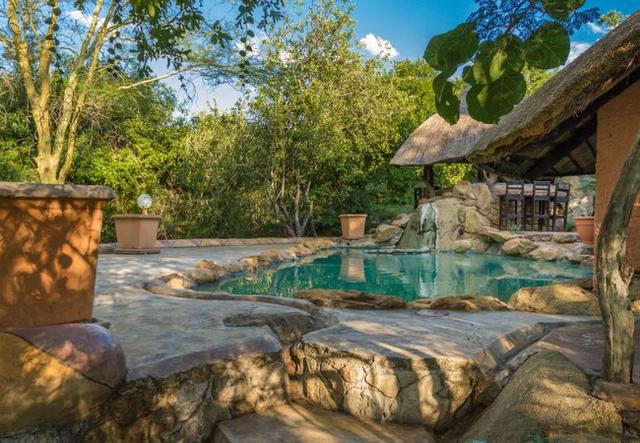
Hotels and Resorts
Mali’s hotels range from mid-range to high-end, primarily concentrated in major cities like Bamako. These establishments cater to business travelers, diplomats, and tourists, offering amenities like air-conditioned rooms, restaurants, conference facilities, and internet access. Some notable hotels include Hôtel l'Amitié and Azalaï Hôtel Salam, which provide international standards of comfort and security. In smaller towns, hotels may be simpler but still provide essential services for a comfortable stay.
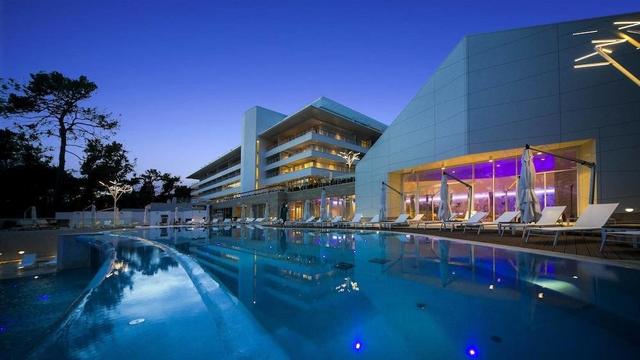



Raids
While traditional Moroccan-style riads are not native to Mali, the term is occasionally used for boutique lodgings styled with Sahelian or Sudanese architecture. These accommodations may be housed in historic buildings or constructed to reflect local aesthetics, featuring courtyards, terraces, and decorative mud-brick walls. Raids in Mali are rare but offer a unique cultural experience for travelers interested in traditional architecture and serene, private spaces.




Campings
Camping in Mali is popular among adventure tourists and overlanders exploring remote areas such as Dogon Country, the Niger River Valley, and desert regions near Timbuktu or Gao. Designated camping sites often provide basic facilities like toilets, water points, and shaded areas. In rural or off-the-grid areas, wild camping is common but should be done with caution and preferably with a local guide due to security and environmental concerns. Some tour operators also offer organized camping as part of multi-day excursions.



Requirement for Visa
Documents to be submitted when applying for a Visa
If you're planning to travel to Mali, you'll typically need to apply for a tourist, business, or transit visa at a Malian embassy or consulate. The exact requirements may vary slightly depending on your country of residence and the type of visa, but generally, the following documents are required:
1. Valid Passport
- Must be valid for at least 6 months beyond your intended stay.
- Should have at least one blank visa page.
2. Completed Visa Application Form
- Obtainable from the Malian embassy or its website.
- Must be fully filled out and signed by the applicant.
3. Passport-Sized Photographs
- Two recent passport-size photos (usually 2x2 inches).
- Must be in color, on a white background, and meet biometric standards.
4. Proof of Travel Arrangements
- Flight reservation or round-trip airline ticket.
- Itinerary if visiting multiple destinations.
5. Proof of Accommodation
- Hotel booking confirmation or a letter of invitation if staying with a host.
- For business trips, a letter from the company in Mali may be needed.
6. Yellow Fever Vaccination Certificate
- Mandatory for entry into Mali.
- You must present proof of a valid yellow fever vaccine.
7. Financial Proof
- Bank statements, payslips, or other proof showing sufficient funds to support yourself during your stay.
8. Visa Fee Payment
- Varies by nationality and visa type.
- Payment methods depend on the specific embassy or consulate (cash, money order, etc.).
9. Additional Documents (if applicable):
- Business Visa: Letter of invitation from a Malian business or partner.
- Transit Visa: Valid visa for the onward destination and confirmed travel plans.
- Diplomatic/Official Visa: Diplomatic note from your government or organization.
Application Process Summary
- Gather the required documents.
- Fill in the visa application form.
- Submit in person or by mail to the nearest Malian embassy/consulate.
- Pay the visa fee.
- Wait for processing (usually 3–10 business days).
- Receive your visa stamped in your passpo
Economy
Agriculture
Agriculture is the cornerstone of Mali’s economy, employing about 70% of the population and contributing significantly to the country’s GDP. The sector is dominated by subsistence farming, with major crops including millet, sorghum, maize, and rice, particularly in regions near the Niger River, where irrigation supports more productive farming. Cotton is Mali’s leading cash crop and a key export commodity. Livestock rearing—including cattle, sheep, and goats—is also widespread, especially among pastoralist communities. However, agriculture in Mali faces challenges such as climate variability, frequent droughts, limited access to modern technology, and poor rural infrastructure. Despite these obstacles, agriculture remains a vital part of daily life and economic survival, with ongoing efforts to improve sustainability and productivity.
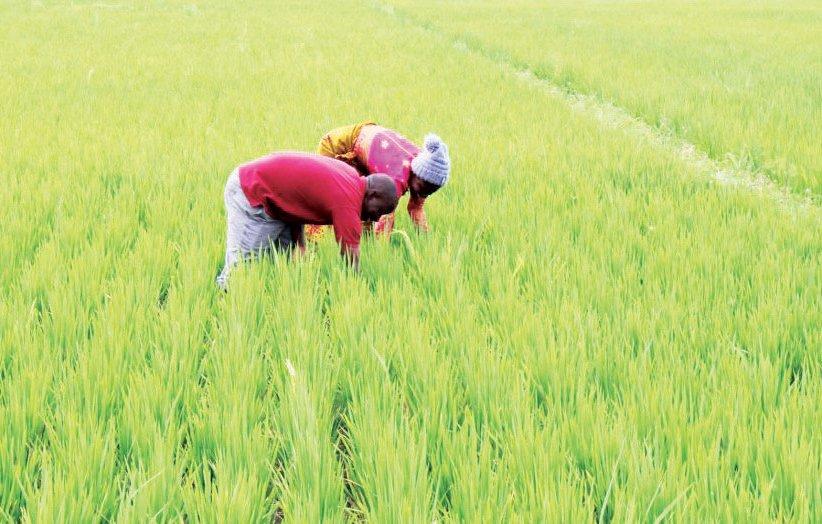
Trade is vital to Mali’s economy, despite the country's landlocked position. The country relies heavily on imports such as machinery, fuel, food products, and manufactured goods, primarily from Côte d’Ivoire, Senegal, and China. Major exports include gold, cotton, and livestock, which are traded to international markets including Switzerland, the UAE, and regional neighbors. Political instability and security challenges, especially in the north, have disrupted trade routes and border operations. Nevertheless, Mali remains a key player in West African trade, with plans to enhance infrastructure and regional cooperation to improve commerce.
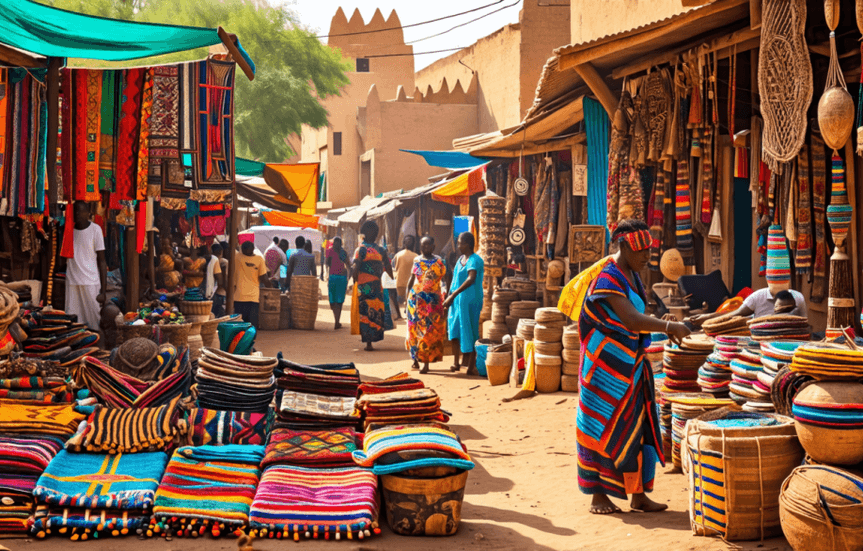
Mining is one of Mali’s most important economic sectors, contributing significantly to export earnings and government revenue. Gold is the dominant mineral, making Mali one of Africa’s top gold producers, with major mining operations conducted by international companies. Other mineral resources include phosphate, limestone, uranium, and lithium, though most are still underexplored. The mining sector faces challenges such as environmental concerns, local community tensions, and security threats in some regions. Despite this, the government continues to promote the sector as a pillar for economic growth through investment incentives and reforms.

Mali’s financial sector is relatively underdeveloped but plays a key role in supporting economic activities. The system is dominated by commercial banks, microfinance institutions, and a few insurance companies. The Central Bank of West African States (BCEAO) governs Mali’s monetary policy, as the country is part of the West African Economic and Monetary Union (WAEMU). Access to financial services remains limited, especially in rural areas, though mobile banking is gradually expanding. Efforts are ongoing to improve financial inclusion and strengthen regulatory oversight to stabilize the sector and promote private sector growth.

Transportation and Telecommunication
Mali’s transportation infrastructure is limited and poses significant challenges for mobility and trade. The country has a small rail network, with the main line connecting Bamako to Koulikoro and the Senegalese border. The road system spans over 139,000 kilometers, but only a small portion is paved, and many roads become impassable during the rainy season. The Niger River serves as an important waterway for moving goods, especially in central and northern regions. In cities like Bamako, transportation is dominated by informal means such as motorcycles, minibuses, and taxis, while public transit remains underdeveloped. Air travel is centered around Modibo Keita International Airport in Bamako, supported by smaller airports in regional cities.
Telecommunications have expanded rapidly in recent years, with mobile phone use widespread across urban and rural areas. Major telecom operators provide mobile coverage to much of the population, though rural areas still suffer from limited connectivity. Mobile internet is the primary means of digital access, with growing penetration despite underdeveloped fixed-line and broadband infrastructure. The government is working to improve nationwide coverage through infrastructure sharing and investment, aiming to close the digital divide and boost connectivity across the country.

